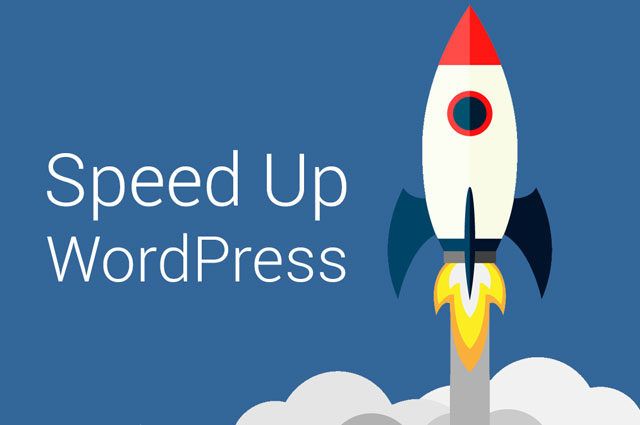Online experiences play a key role when it comes to building a loyal user base on the website. This is so because every visitor that scrolls the website needs a hook to keep him intrigued through their journey. Website owners spend unnecessary amounts or time and money on themes and plugins, which are important. But they do not always guarantee a good user experience. As a result, the bounce rate on your website may increase and you may be left wondering why this happens in spite of writing good content and selecting a great theme.
In our experience, we scrutinised different types of websites and came across some professionals who deployed WordPress hosting. On carefully monitoring performance-based issues, we saw that there were a few aspects which, if imbibed, could boost the performance of a WordPress website. This article is a deep dive into those aspects which you can apply if need be. Ready? Here we go!
Deploying a CDN (Content Delivery Network)
The content on your website needs to reach the users quickly. Period. Now, if you are using a hosting service that has data centers located far away from your location, content delivery through the data centers to the user can slow down. This can affect the user’s experience and most likely he/she will bounce off the website even before it has loaded fully. To avert this issue, you can start using a CDN (Content Delivery Network), that boosts the page loading time for websites. This is how it works- the data center stores static content and files only to deliver them later to the user’s location. This helps reduce external HTTP issues since the static content is ready to go instead of loading tons of HTTP all at once. A popular CDN provider is CloudFlare, whose network is spread globally. With such a facilitator, you can assure that the page loads quickly on the user’s web page and continues to give him a good browsing experience.
Removing unnecessary Plugins and Themes
A critical factor that decides the speed of a website is whether it is loaded with useless plugin and integrations. Allow us to illustrate why- a theme plugin or an integration takes a chunk of your hosting space. Now as your demands in terms of promoting your brand through the website grows, so do the number of installations and plugins. These plugins and integrations end uploading your website only to drag its performance below the optimum level. This can not only affect the website’s execution capabilities but also make it vulnerable to cyber risks.
As a thumb rule, we suggest you do a thorough analysis of your plugins in terms of cost, benefit and performance. This exercise will break any notions you had against removing plugins.
OpCode Caching
You may be wondering why we suggest you to integrate OpCode caching now when we have asked you to remove integrations in the earlier part. To be honest, OpCode Caches are performance enhancers for PHP. When injected into the execution lifecycle of PHP, OpCode Cache is said to improve the performance of WordPress hosting websites at least thrice. Now, depending on your requirement you can choose between either Zend or APC (Alternative PHP Cache) as your OpCode Caching option. Though these caches have pros and cons of their own, they can be brought to speed for the latest PHP versions.
Optimizing the WordPress database
As a WordPress user, you might already be familiar with the fact that the CMS stores revised versions in its database. These revised versions can make WordPress as a CMS rather wobbly. Hence, its removal becomes imperative. To enforce action upon this, you as a user, need to add the following code to your wp-config.php file-
define(‘AUTOSAVE_INTERVAL’,300); // seconds
define(‘WP_POST_REVISIONS’, false);
Or, you can also install a free plugin which will take very small space on your WordPress hosting. It’s called Disable Post Revision which will do the above. Once you limit the post revisions, you can also clean up and delete some of the old revisions
Optimizing web font performance
According to the HTTP archive, 57% of websites worldwide are using custom fonts, which is a huge rise since 2011. It is essential that WordPress users only serve important fonts – WOFF and WOFF2 formats (Web Open Font Format). Exercising this format not only protects the website from backdoor attacks but also accelerates the page load time for WordPress hosting sites. In addition to this, optimizing web font performance also reduces the number of HTTP requests.
One can have more control over caching by taking advantage of single HTTP/2 connection.
To put it in a nutshell
One key take away from this article is that all these activities are doable and most of all easy. If you are a developer, marketer, business owner or even a beginner who has just purchased WordPress hosting, making the listed changes won’t take too long. We hope that this article benefits you a great deal and helps you fast-track the performance of your WordPress website. If you have any feedback for us, please feel free to share it in the comments section below.





![[Tamilrockers 2019] All About Pirated Tamil Movie Download Site](https://www.techiestate.com/wp-content/uploads/2019/03/Tamil-Movie-Download-Site-300x146.jpg)

